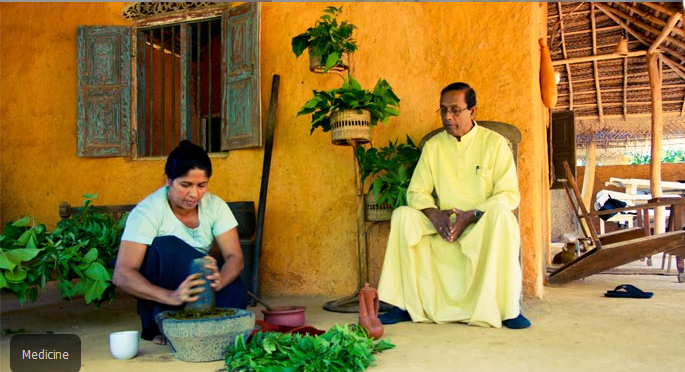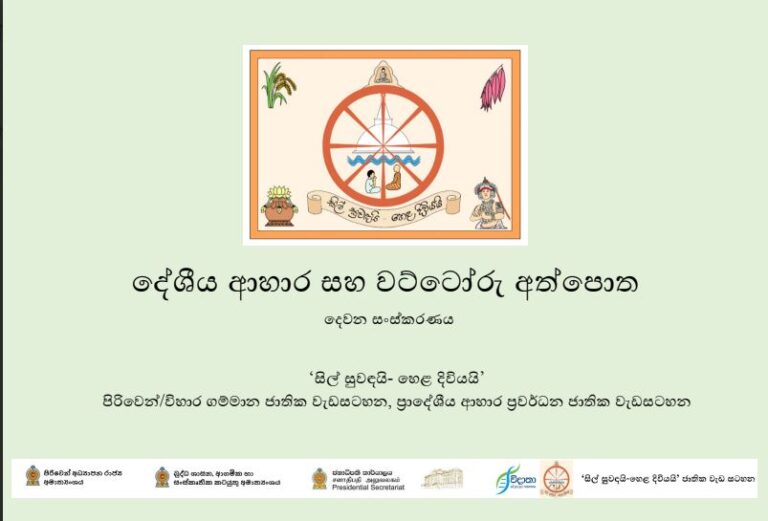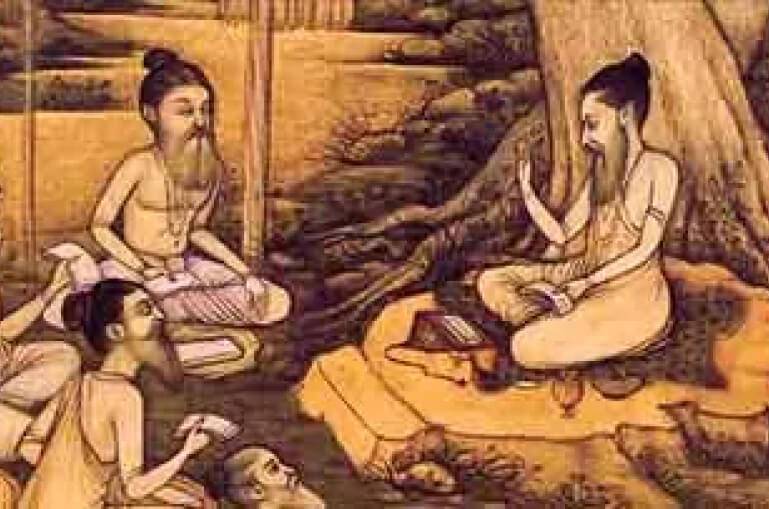Our Activities: A Comprehensive Approach to Integrating Ayurveda and Traditional Indigenous Medicine

Introduction
The establishment and maintenance of hospitals and research institutions form the foundation of our holistic approach to healthcare, with the integration of Ayurveda and Traditional Indigenous Medicine playing a crucial role. Our activities encompass a wide range of initiatives that cater to diverse healthcare needs, ensuring patients have access to a comprehensive range of treatment options. In this article, we will delve into the various aspects of our approach, including education, research, preservation of cultural heritage, and collaboration with national and international organizations.
Research and Teaching Institutions
1.1 Aim and Objectives
Our primary objective is to establish and maintain research and teaching institutions that focus on Ayurveda and Traditional Indigenous Medicine. These institutions serve as a platform for healthcare providers to gain knowledge, engage in research, and collaborate with peers in their respective fields. By fostering a conducive environment for learning and research, we aim to nurture the sustainability and growth of these medicinal systems.
1.2 Scope and Activities
The research and teaching institutions under our purview engage in various activities, such as:
- Conducting research on indigenous medicine and related subjects
- Offering courses and training programs for healthcare providers
- Organizing conferences, workshops, and seminars to promote knowledge sharing
- Publishing research findings in esteemed journals to contribute to the wider understanding and acceptance of traditional medicines
Comprehensive Healthcare Service
2.1 Integration of Ayurveda and Traditional Indigenous Medicine
Our comprehensive healthcare service aims to provide patients with a diverse range of treatment options by integrating Ayurveda and Traditional Indigenous Medicine with modern medical practices. This integration allows healthcare professionals to harness the benefits of both traditional and contemporary approaches, offering patients the best possible care.
2.2 Treatment Options
Patients have access to a variety of treatment options, including:
- Ayurvedic therapies and remedies
- Traditional Indigenous Medicine treatments
- Modern medical interventions
- Complementary and alternative therapies
Conferences and Classes
3.1 Purpose
Conferences and classes form an integral part of our educational and training endeavors. These events serve to equip the next generation of healthcare providers with the knowledge and skills required to practice Ayurveda and Traditional Indigenous Medicine effectively.
3.2 Scope
Our conferences and classes cover a wide range of topics, including:
- Principles and practices of Ayurveda and Traditional Indigenous Medicine
- Clinical research and trials
- Herbal medicine and cultivation
- Ethical and legal aspects of traditional medicine practice
Training Healthcare Providers
4.1 Importance of Education and Training
By investing in education and training, we aim to nurture the sustainability and growth of Ayurveda and Traditional Indigenous Medicine. This involves providing healthcare providers with the necessary knowledge and skills to practice these systems and ensure their continued relevance in modern healthcare settings.
4.2 Training Programs
Our training programs cater to various healthcare professionals, such as:
- Physicians
- Nurses
- Pharmacists
- Therapists
- Researchers
Clinical and Literary Research
5.1 Research Activities
Our research activities span various aspects of indigenous medicine, including:
- Studies on medicinal formulations
- Clinical trials to assess the efficacy and safety of traditional medicines
- Literary exploration to understand the historical and cultural context of traditional medicine systems
5.2 Evidence-based Medicine
Through conducting research and publishing our findings in esteemed journals, we contribute to the wider understanding and acceptance of traditional medicines. This helps promote evidence-based medicine by showcasing the efficacy and safety of traditional remedies and therapies.
Preservation of Cultural Heritage
6.1 Respect for Intellectual Property
We recognize the importance of respecting the cultural and intellectual property of traditional and indigenous medicine systems. Our efforts involve engaging local communities in the preservation and development of these invaluable systems, ensuring their vitality for future generations.
6.2 Preservation and Dissemination
In addition to respecting intellectual property, our activities also involve the cultivation, preservation, and dissemination of herbal plants. We acknowledge the value of these plants as potent sources of medicine and emphasize their sustainable cultivation to ensure a reliable supply of traditional remedies.
Supervision and Administration
7.1 Qualified Practitioners
Our activities include overseeing the supervision and administration of registered traditional and Ayurvedic doctors, promoting ethical practices, and ensuring patients receive optimal care. It is our aim to ensure that practitioners are qualified and operate in a safe and ethical manner.
7.2 Regulation of Institutions and Services
We strive to regulate all public and private institutions, medicine, equipment, prevention, and treatment services pertaining to the field of Indigenous Medicine. By establishing clear guidelines and standards for the practice of Ayurveda and Traditional Indigenous Medicine, we provide oversight and accountability to ensure these standards are met.
Cultivation and Preservation of Herbal Plants
8.1 Sustainable Cultivation
The sustainable cultivation of herbal plants is essential to ensuring a reliable supply of traditional medicines. We believe that these plants are a valuable source of medicine and that their sustainable cultivation and preservation are crucial to the continued practice of traditional medicine systems.
8.2 Dissemination of Knowledge
In addition to cultivation and preservation, we also aim to disseminate knowledge about herbal plants and their usage in traditional medicine systems. This helps healthcare providers, researchers, and the general public understand the importance of these plants and their role in traditional medicine.
National and International Measures
9.1 Collaboration with Organizations
We actively engage in national and international efforts to propel the development of indigenous medicine. By collaborating with organizations at both levels, we advocate for the use of natural resources, promote the integration of traditional systems in healthcare, and facilitate the sharing of knowledge and best practices.
9.2 Sustainable Development
We believe that the promotion of traditional systems of medicine can play an important role in sustainable development by promoting the use of natural resources and reducing the environmental impact of modern medical practices. Through our collaborations, we aim to foster sustainable development and ensure the continued relevance of traditional medicine systems.
Conclusion
In conclusion, our activities in hospital establishment and related fields aim to provide a comprehensive approach to healthcare by integrating Ayurveda and Traditional Indigenous Medicine with modern medical practices. By focusing on education, research, preservation of cultural heritage, and collaboration with national and international organizations, we strive to ensure the continued growth and sustainability of these invaluable systems of medicine. With our commitment to providing diverse treatment options, upholding ethical standards, and promoting sustainable practices, we endeavor to contribute positively to the healthcare landscape and the well-being of communities worldwide.






